Why the House GOP is having a hard time passing its remaining funding bills
House conservatives are ramping up calls for the party to pass the remaining annual government funding bills as Republicans look to strengthen their hand ahead of spending talks with the Democratic-led Senate.
The House has passed seven of the dozen full-year funding bills, clearing partisan fiscal 2024 spending plans for the Pentagon, departments of Homeland Security, Veterans Affairs, State, and a host of other agencies in recent months.
But leadership is having trouble locking down support for the five remaining bills as some conservatives press for a harder line on reducing spending, while moderates are wary of what could end up on the cutting room floor.
With the narrow GOP majority, Speaker Mike Johnson (R-La.) can afford to lose only a handful of votes on any given bill, leaving him trying to walk a tightrope to please both factions.
Here are some of the sticking points threatening each remaining bill.
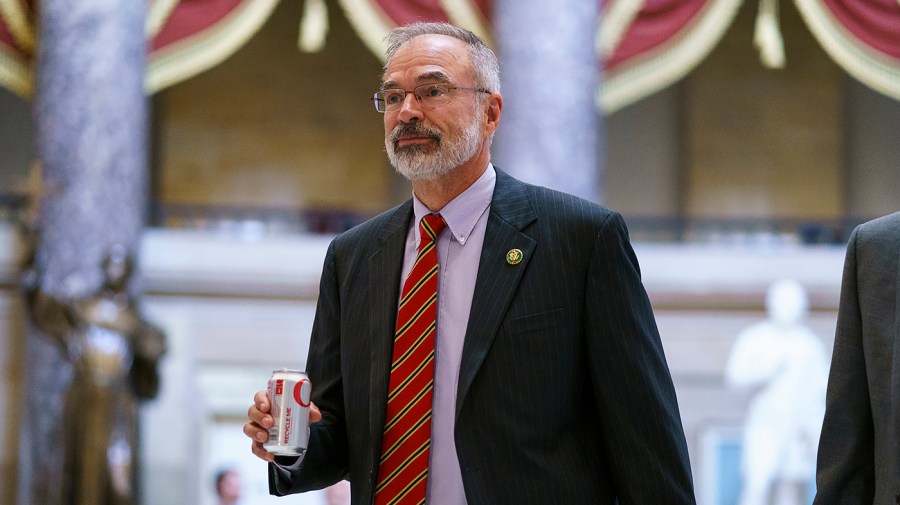
Agriculture
House GOP leadership has struggled for months to pass the party’s annual agriculture and rural development funding bill amid divides over spending and measures aimed at restricting abortion access.
The bill was one of the first the party sought to bring to the floor in the summer. But leadership scrapped plans for a vote in July as hard-line conservatives pressed for steeper cuts to overall funding levels while moderates came out against the bill over language that sought to limit access to an abortion pill known as mifepristone.
The bill — which funds the Department of Agriculture, the Food and Drug Administration and other related agencies — ultimately failed when it came up for a vote in September over the same issues.
And while some are hopeful the party will eventually be able to get it across the finish line, others are doubtful.
Rep. Andy Harris (R-Md.), chair of the subcommittee that crafted the funding bill, said earlier this month the House should “go to conference with the Senate with what we have” instead of opting for another floor vote.
“There are members who have said, look, they can’t vote for that bill with the mifepristone language in and there are a whole lot more members who said they can’t vote for that bill with the mifepristone language out,” Harris told The Hill then. “There is no solution to it.”
“So, that means, let’s go to conference with what we have and bring a conferenced product back to the floor,” he said.
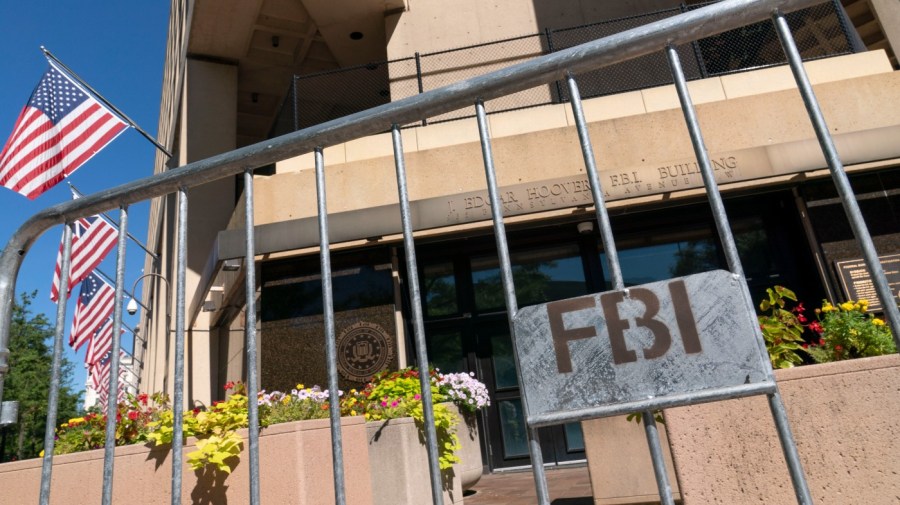
Financial Services and General Government
Reproductive rights also played a role in House Republicans canceling a vote on their annual financial services and general government funding bill earlier this month, as did funding for an FBI headquarters.
Some moderate Republicans said they opposed the bill over language seeking to prohibit Washington, D.C., from carrying out a law that aims to protect people from employer discrimination based on their reproductive health decisions.
The bill also faced pushback from some in the right flank amid scrutiny of the FBI. Conservatives have accused the agency of political weaponization and pushed for the measure to include language barring funding for a new FBI headquarters.
Some also said the measure didn’t go far enough to cut spending, despite a proposal to claw back billions of dollars in IRS funding passed in the previous Democratic-led Congress in hopes of offsetting spending in the bill.
Among the offices the bill covers funding for includes the Treasury Department, the executive office of the president and the General Services Administration, which constructs and manages federal buildings.
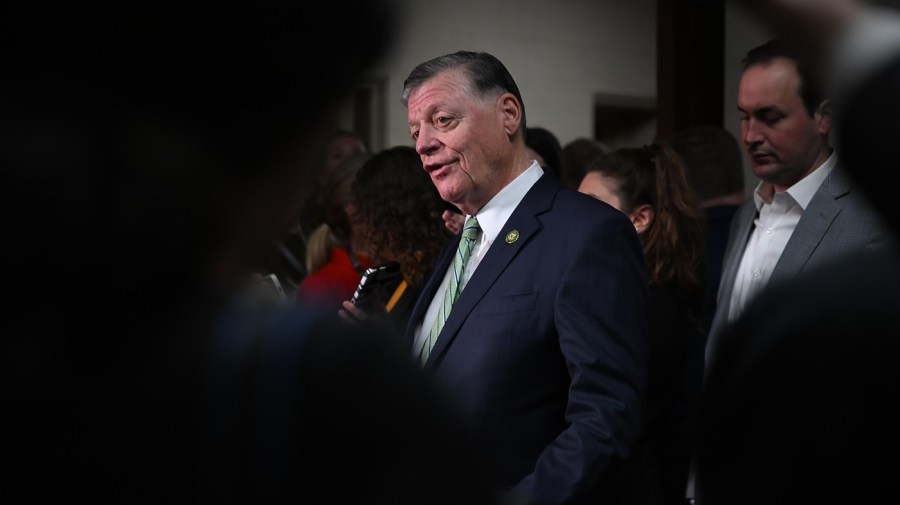
Transportation, Housing and Urban Development
House Republicans punted plans to bring up their annual transportation and housing funding bill twice this month, as some moderates took issue with proposed cuts to Amtrak.
“Some people want to cut more, other people are worried that we cut too much, or they’ve got particular concerns, Amtrak concerns,” Rep. Tom Cole (R-Okla.), who heads the spending subcommittee that crafted the bill, told The Hill earlier this month.
Moderates, especially those from New York, voiced concerns about a drop in Amtrak funding of more than $1 billion below fiscal 2023 levels.
“I think that many of us are comfortable reining in federal spending, but not disproportionately impacting our region,” Rep. Marc Molinaro (R-N.Y.) told reporters this month, adding that proposed cuts in the bill “are just too significant.”
But there had also been criticism in the right flank among members pressing for lower funding in the bill, which covers funding for offices like the Departments of Transportation and Housing and Urban Development, that the bill didn’t go far enough to lower funding.
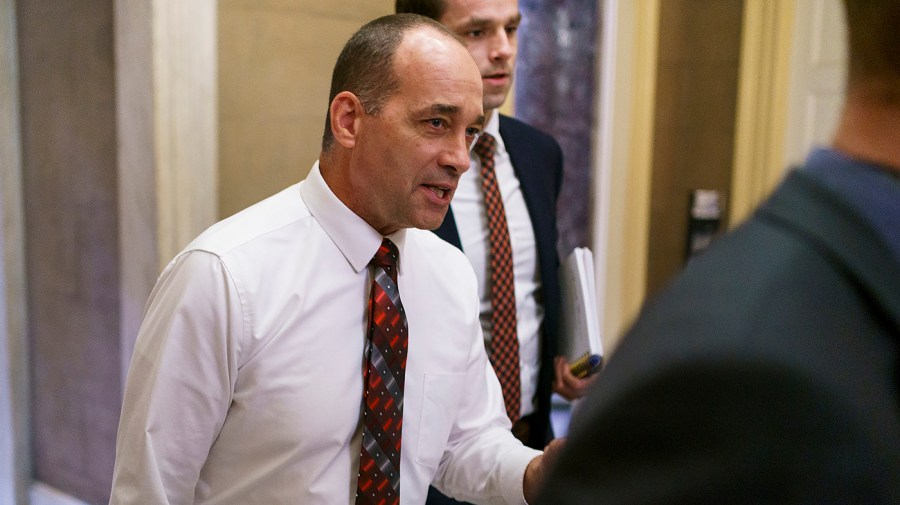
Commerce, Justice and Science
A group of mostly hard-line conservatives recently tanked consideration of the party’s bill to fund the Department of Justice for most of next year, as some opposed the bill’s proposals for the FBI among other issues.
“The bill itself didn’t go far enough to defund some of the policies and practices going on with [the] Department of Justice and FBI, weaponization of the government,” Rep. Bob Good (R-Va.), who was among the GOP members that opposed the bill, said at the time.
“It also increases spending instead of cutting spending of all departments, that’s not the one we should be doing that for,” he said of the sweeping bill, which also provides funding for the Department of Commerce, NASA, the Drug Enforcement Administration, the Office on Violence Against Women and other operations.
Several moderates also helped block consideration of the bill on the procedural vote, raising concerns about how certain proposals would impact public safety.
“There was specific grant funding that trickles down to the Suffolk County Police Department and other Long Island police departments that, if this bill was ultimately approved, would have made public safety a worse issue on Long Island,” Rep. Nick LaLota (N.Y.), another “no” vote, argued. “It would have made affordability a worse issue on Long Island.”
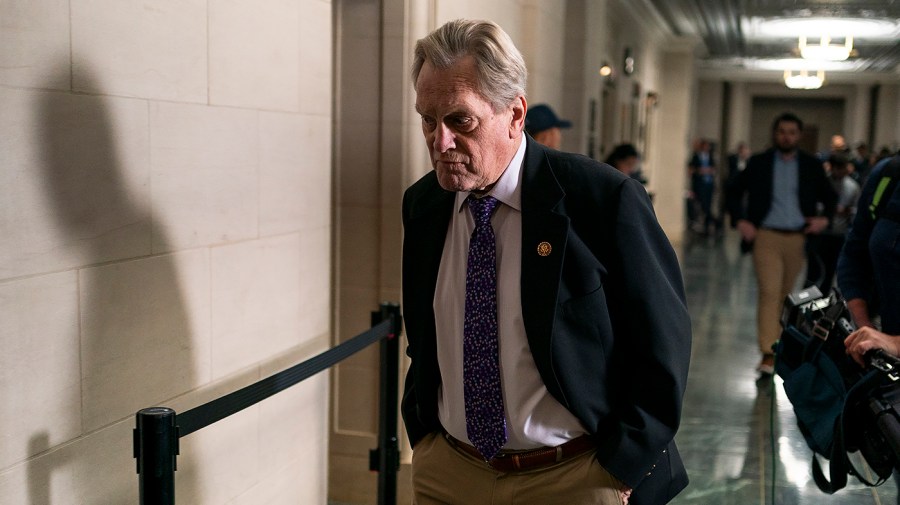
Labor, Health and Human Services
Another bill Republicans hoped to pass before leaving Washington on Wednesday would have funded the departments of Labor, Health and Human Services (HHS), and Education for most of next year.
However, that bill also proposed steep cuts that faced staunch resistance from some moderates.
The bill sought to prohibit Planned Parenthood-affiliated clinics from receiving funding, slash funding for Title I grants for states with schools where “children from low-income families make up at least 40 percent of enrollment” and laid out double-digit percentage cuts to discretionary funds for Labor, HHS and Education, according to a legislative summary.
Republicans say the bill would cut funding for programs under its purview by more than $60 billion compared to enacted levels in fiscal 2023, drawing backing from some hard-line conservatives pressing for more aggressive action to tackle the nation’s growing debt.
Rep. Mike Simpson (R-Idaho), a member of the House Appropriations Committee, said there’s “not a lot of cuts that were missed and they cut $60 billion out.”
“That means there’s some significant cuts,” Simpson said, adding that bothers “a lot of people.”
Copyright 2024 Nexstar Media Inc. All rights reserved. This material may not be published, broadcast, rewritten, or redistributed..











